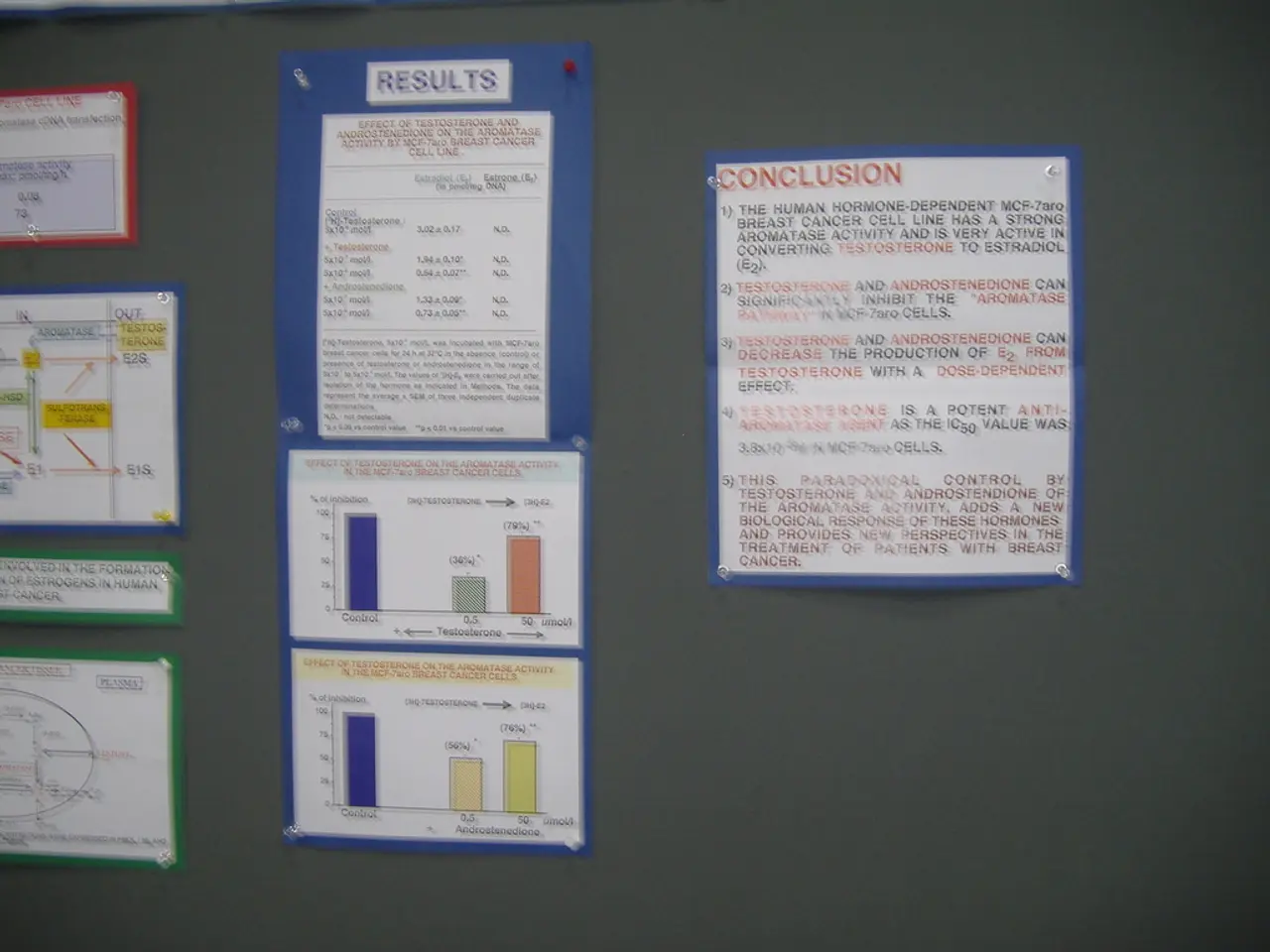Comprehensive Guide on Know-Your-Customer (KYC) Regulations in Australia (2024)
Upcoming Changes to AML and KYC Regulations in Australia
Australian businesses are preparing for a significant overhaul of Anti-Money Laundering (AML) and Know Your Customer (KYC) regulations, with the focus shifting towards broadening the regulatory scope, increasing the focus on systemic risks, and improving compliance outcomes. The reforms, driven by AUSTRAC, are set to take effect from 1 July 2026.
The changes will see the AML/CTF regime extended to approximately 80,000 new entities, including real estate agents, lawyers, conveyancers, accountants, dealers in precious metals and stones, and trust and company service providers. These sectors have been identified as higher risk for money laundering and terrorism financing misuse, where controls have previously been inadequate.
AUSTRAC is moving away from a compliance-checking focus to a risk and harm reduction approach at an industry and sector level. This shift emphasizes closing gaps and improving behaviours rather than just verifying individual entity compliance.
The Anti-Money Laundering and Counter-Terrorism Financing Amendment Act 2024 was passed on 29 November 2024, simplifying and strengthening the AML/CTF framework. The new rules, planned to commence from 1 July 2026, will extend obligations to new sectors such as the legal profession.
AUSTRAC has conducted public consultations on AML/CTF rules, releasing a second exposure draft in 2025 incorporating feedback on customer due diligence, AML/CTF programs, value transfer services, and reporting groups. The final rules are expected to be settled by 31 July 2025.
Sector-specific guidance is being developed by AUSTRAC to assist newly captured reporting entities, expected for release by the end of 2025, aiming to support compliance efforts in newly regulated industries including legal practices.
AUSTRAC is preparing for these reforms by scaling up its workforce and systems, and expects regulated businesses to demonstrate proactive and meaningful progress in managing AML/CTF risks and compliance ahead of the 30 June 2026 deadline.
For KYC, companies must identify and verify their customers, collecting their full name, date of birth or residential address, and verifying the information through two reliable sources. Companies must also conduct a risk assessment for each customer, assessing the risk posed by a given customer and dividing them into risk categories, adjusting their checks accordingly.
Companies must submit a special report to AUSTRAC every time a customer conducts a transfer of physical currency exceeding A$10,000 in Australia. They must also conduct Customer Due Diligence (CDD), Simplified Due Diligence (SDD), and Enhanced Due Diligence (EDD) in Australia.
The Australian Transaction Reports and Analysis Center (AUSTRAC) is the primary government body responsible for overseeing AML compliance in Australia. All regulated businesses in Australia must keep an eye on changing regulations to ensure compliance with the Anti-Money Laundering Counter Terrorism Financing Act (AML/CTF Act), the main regulation in Australia, outlining which entities are regulated and setting requirements for them.
Violating the AML/CFT Act can result in severe penalties. The maximum penalty for an individual is A$6,260,000, while a corporation may face a maximum penalty of A$31,3 million.
To meet Australian regulatory requirements, companies need to properly conduct due diligence checks, including KYC, monitoring of user behaviour/transactions, reporting, and recordkeeping. Tools like Sumsub provide solutions for customer identification, liveness check, verification, AML screening, address verification, risk scoring, and KYC for Australia.
The Financial Action Task Force has recognized that Australia is developing a stricter AML regime, with the aim of improving the country's ability to combat money laundering and terrorism financing activities. Businesses in Australia must prepare now by revising internal controls, customer due diligence processes, and staff training to meet AUSTRAC’s strengthened expectations.
Upon commencing business with another company, it's necessary to collect the company's full name, address, registration number, type of company, and the names of directors if it's a proprietary company.
In summary, the upcoming changes to AML and KYC regulations in Australia aim to enhance the country's ability to combat money laundering and terrorism financing activities, with a focus on broadening the regulatory scope, increasing the focus on systemic risks, and improving compliance outcomes across financial and designated non-financial businesses starting mid-2026.
- The upcoming AML and KYC reforms in Australia will impact various industries, with approximately 80,000 new entities, including real estate agents, lawyers, and accountants, falling under the regulatory scope.
- The Financial Action Task Force commends Australia's efforts to strengthen its AML regime, with the aim of combating money laundering and terrorism financing activities more effectively.
- The Anti-Money Laundering and Counter-Terrorism Financing Amendment Act 2024 simplifies and strengthens the AML/CTF framework, extending obligations to new sectors like the legal profession.
- Companies in Australia must demonstrate proactive and meaningful progress in managing AML/CTF risks and compliance,following the guidance provided by AUSTRAC, by collecting customer information, conducting risk assessments, and submitting reports as necessary.
- Businesses should equip themselves with tools like Sumsub that offer solutions for customer identification, verification, AML screening, address verification, risk scoring, and KYC for Australia to meet regulatory requirements.
- To ensure compliance with internal controls, customer due diligence processes, and staff training, businesses in Australia must prepare now for AUSTRAC's strengthened expectations, especially in the entertainment, gambling, personal-finance, technology, education-and-self-development, sports, finance, lifestyle, and general-news sectors.




